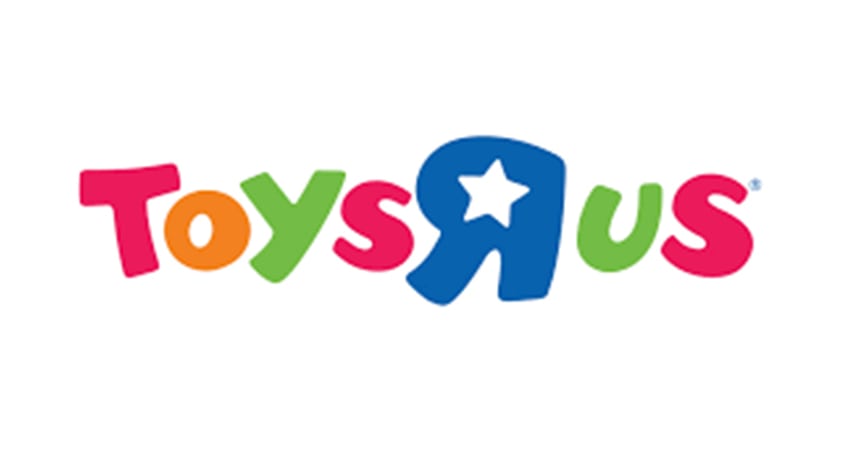Toys ‘R’ Us Inc., announced it has filed for Chapter 11 bankruptcy in an effort to restructure its outstanding debt and establish a sustainable capital structure that will enable it to invest in long-term growth.
The company’s operations outside the U.S. and Canada, including its approximately 255 licensed stores and joint venture partnership in Asia, which are separate entities, are not part of the Chapter 11 filing and CCAA proceedings.
The company’s approximately 1,600 Toys “R” Us and Baby’s “R” Us stores around the world that are profitable will continue to operate as usual and customers will also be able to continue to shop online at the company’s newly launched Toysrus.com and babiesrus.com. Its loyalty programs will continue as normal.
“Today marks the dawn of a new era at Toys “R” Us where we expect that the financial constraints that have held us back will be addressed in a lasting and effective way,” Dave Brandon, chairman and chief executive officer. “Together with our investors, our objective is to work with our debtholders and other creditors to restructure the $5 billion of long-term debt on our balance sheet, which will provide us with greater financial flexibility to invest in our business, continue to improve the customer experience in our physical stores and online, and strengthen our competitive position in an increasingly challenging and rapidly changing retail marketplace worldwide. We are confident that these are the right steps to ensure that the iconic Toys “R” Us and Babies “R” Us brands live on for many generations.”
In conjunction with the Chapter 11 process in the U.S., the company has filed a number of customary motions with the bankruptcy court seeking authorization to support its operations during the restructuring process and ensure a smooth transition into Chapter 11 without disruption, including authority to continue payment of employee wages and benefits, honor customer programs, and pay vendors and suppliers in the ordinary course for all goods provided on or after the filing date.

